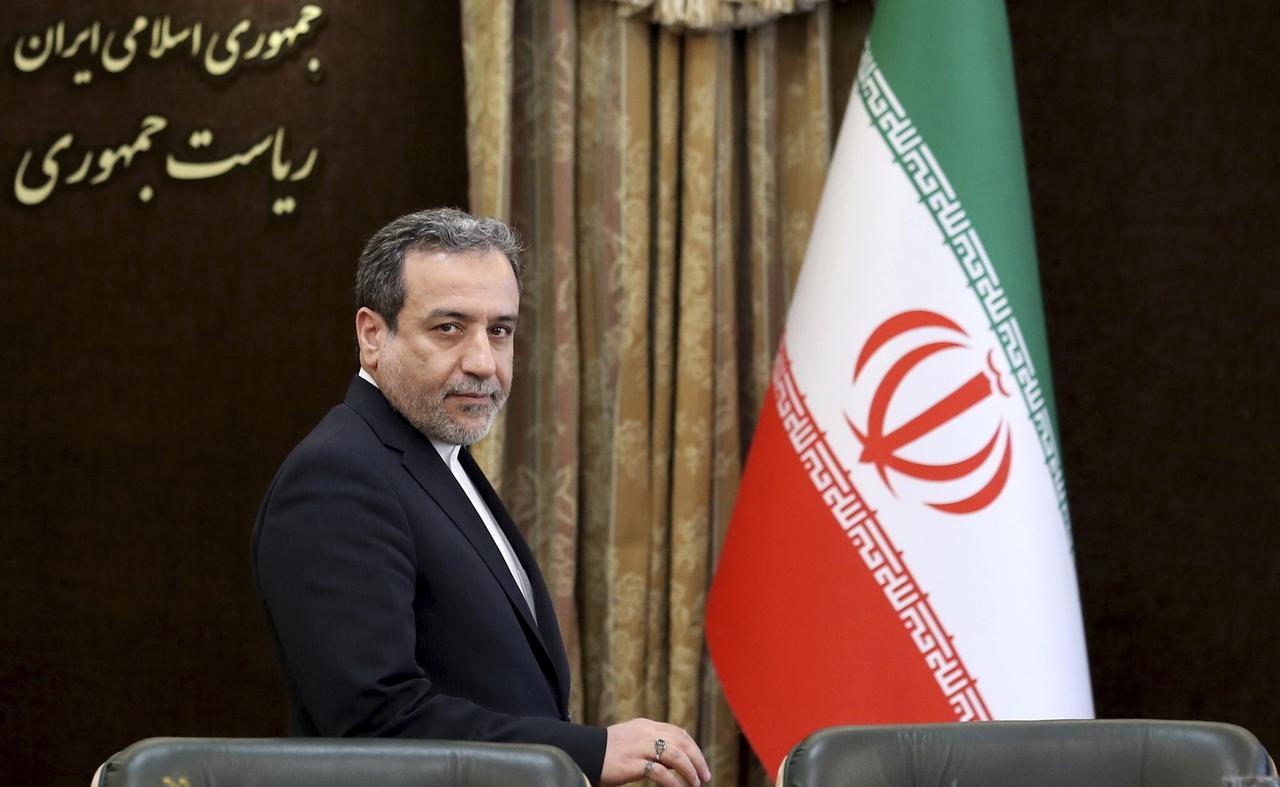
Iran's Foreign Minister Abbas Araghchi on Saturday reiterated his country's rejection of nuclear weapons, emphasizing common ground with Western nations as delicate negotiations with the United States continue over Tehran's nuclear program.
"If the issue is nuclear weapons, yes, we too consider this type of weapon unacceptable," Araghchi said in a televised speech. "We agree with them on this issue."
The statement comes as Iran has engaged in five rounds of discussions with the United States aimed at establishing a new nuclear agreement to replace the 2015 deal that President Donald Trump withdrew from during his first presidency in 2018.
Araghchi, who serves as Iran's chief negotiator in the talks, was addressing longstanding Western suspicions that Iran seeks to develop nuclear weapons capabilities. Those concerns have been heightened by Iran's proximity to Israel, which is widely believed to possess an undeclared nuclear arsenal.
The current negotiations face significant obstacles, particularly over Iran's uranium enrichment activities. Washington has demanded Iran halt its enrichment program, while Tehran maintains it has the right to enrich uranium under the Nuclear Non-Proliferation Treaty.
Despite the ongoing disputes, Trump indicated Wednesday that diplomatic progress was being made. "We're having some very good talks with Iran," the president said, while revealing he had advised Israeli Prime Minister Benjamin Netanyahu against striking Iranian nuclear facilities, calling such action not "appropriate right now."
The diplomatic efforts unfold against a backdrop of regional tensions. Israel has repeatedly threatened military action against Iran's nuclear infrastructure, particularly after the two nations exchanged direct fire twice last year, during which Israel targeted Iranian air defense systems.
While Trump has not eliminated the possibility of military intervention, he has emphasized his preference for reaching a negotiated settlement first. The president has also indicated that any potential military strikes would be led by Israel rather than the United States.
The nuclear dispute has remained a central issue in Middle Eastern geopolitics since the collapse of the original agreement, which had imposed strict limits on Iran's nuclear activities in exchange for sanctions relief.